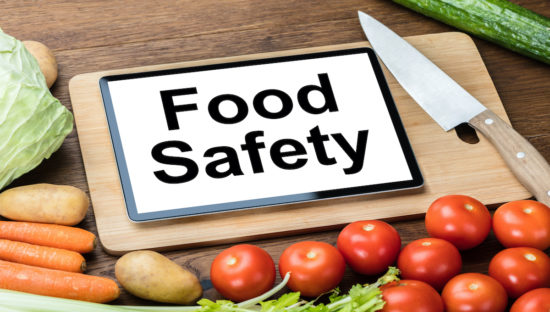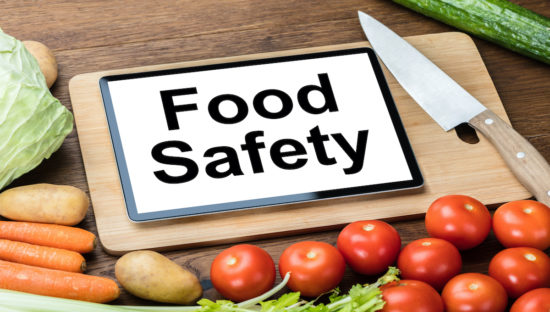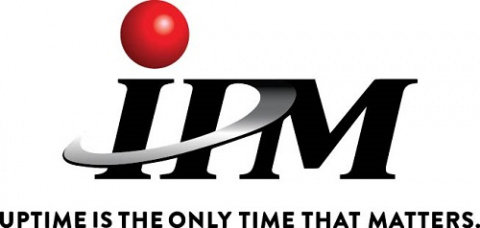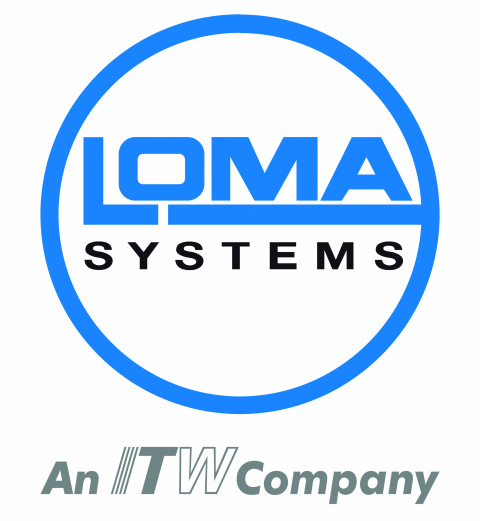

The European Commission has received almost 6,500 comments on plans to simplify food and feed safety legislation.
Feedback came from a range of stakeholders including the public, trade groups, companies, consumer associations, non-government organizations (NGO), public authorities, and academic institutions.
The aim is to clarify and modernize legislation around plant protection products, biocidal products, feed additives, hygiene requirements and official controls at EU borders.
The initiative proposes actions in areas related to the setting of maximum residue levels for pesticides and the modification and renewal of authorizations; the Bovine Spongiform Encephalopathy (BSE) surveillance and risk management framework; flexibility in official checks of plants at border control posts; and accreditation requirements for reference laboratories.
Feedback examples
The European Consumer Organisation (BEUC) said the precautionary principle should remain the cornerstone of EU decision-making when regulating food and feed.
“Any safeguards or reporting requirements reduction should be considered only if scientific evidence can demonstrate beyond doubt that it will not adversely affect consumer health, environmental sustainability, animal welfare, and food,” the organization said.
Several submissions rejected any weakening of pesticide regulations “in favor of the so-called cutting of bureaucracy.” A number of companies, including Bayer and Ecolab, commented on the plans.
FoodDrinkEurope said simplification must strike the right balance between competitiveness and consumer protection, ensuring proportionate pre- and post-market requirements that enable innovation, and a risk-based system that prioritizes resources where they matter most.
“FoodDrinkEurope believes that the scientific and risk analysis foundations of food safety legislation must continue to evolve in line with these objectives, fostering a shared understanding of acceptable risk and recognizing that the pursuit of zero risk is neither scientifically feasible nor proportionate.”
Testbiotech, a German institute focused on genetic engineering, said existing regulations should only be simplified if this increases transparency and food safety.
“The initiative could also cause lowering standards for risk assessment and labeling of products derived from genetically engineered microorganisms such as enzymes used in food production,” the institute said in its comments.
Other issues raised
The International Nut and Dried Fruit Council (INC) said it supported the overarching objectives. The group focused on a 2019 update to the Official Controls Regulation addressing non-conforming consignments.
“As a result, European importers and suppliers have experienced inconsistent interpretations across member states concerning the fate of consignments rejected for exceeding aflatoxin limits. In some instances, member states have considered reprocessing or destruction as the only options, while others have interpreted that shipments could be returned to the origin.”
The European Flour Millers Association raised concerns about the “challenging” renewal process for aluminum and magnesium phosphide (phosphide salts). Phosphine is used in fumigation and to control insect infestations in stored cereal products.
CLITRAVI, the European Association for the Meat Processing Industry, said the European Food Safety Authority’s Data Collection Framework system cannot realistically be used by quality managers in food companies. Converting lab certificates into DCF-compliant data requires significant time and resources, which small and medium-sized enterprises (SMEs) cannot afford.
The Society for the Protection of Insects, a U.S.-based NGO, said proposals to streamline BSE regulations for insect production systems warrant scrutiny due to documented pathogen transmission pathways.
“Before any modification of BSE/TSE frameworks for insect agriculture, mandatory species-specific testing must evaluate each of the nine authorized species for their capacity to transmit prions and bioaccumulate pathogenic agents from animal by-products.”
The European Spice Association said Rapid Alert System for Food and Feed (RASFF) notifications should include more detailed information about the operators involved, particularly in cases of repeated non-compliance by the same firms.
“In cases like the recent issues involving black pepper from Brazil, actions should be targeted and specific to avoid unfairly penalizing an entire country or industry.”
(To sign up for a free subscription to Food Safety News, click here.)
















